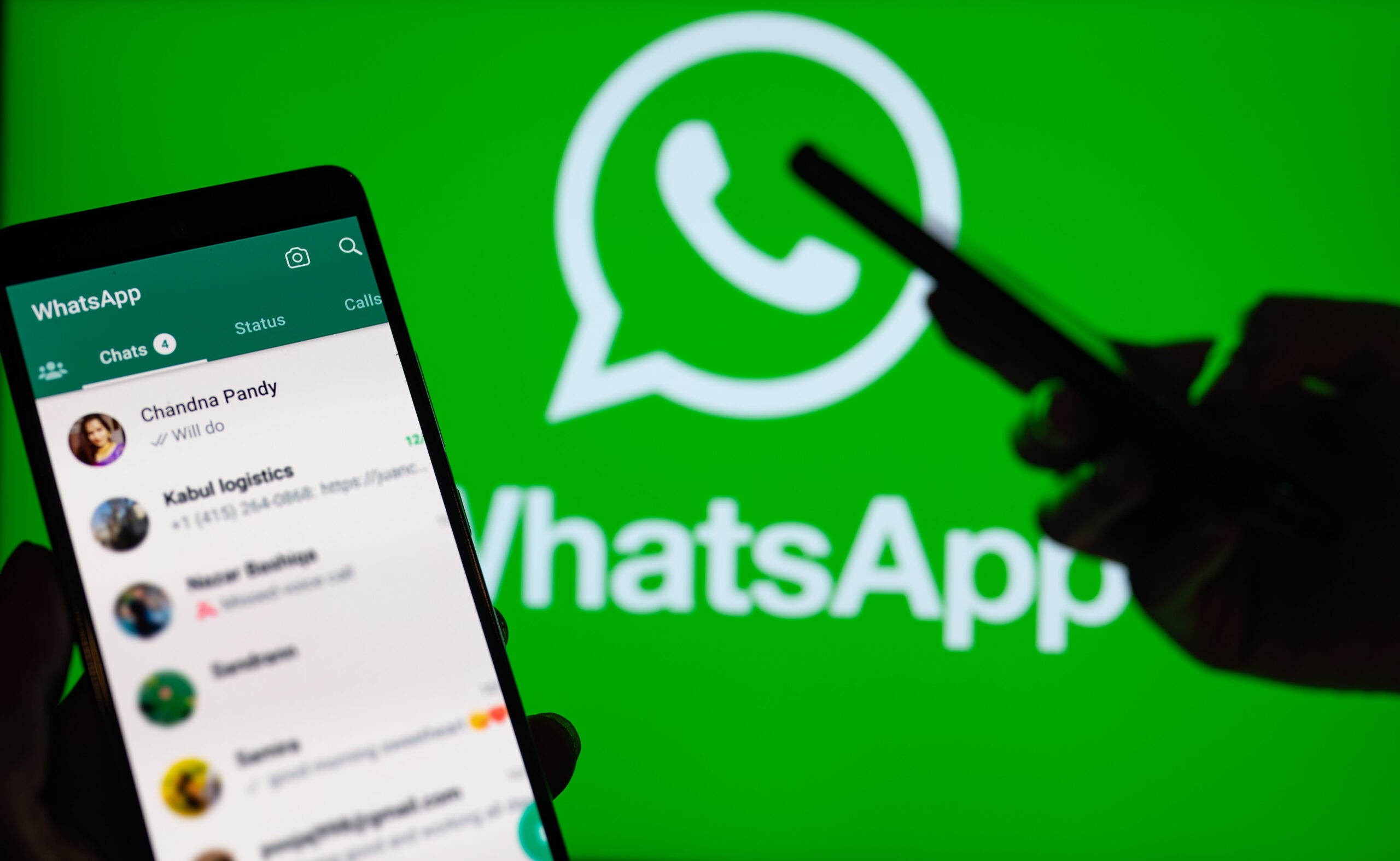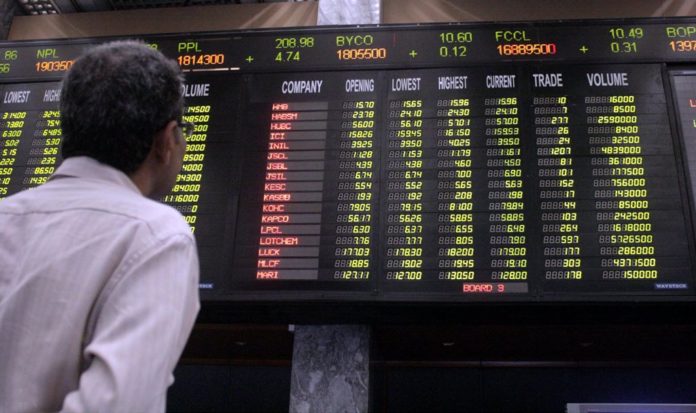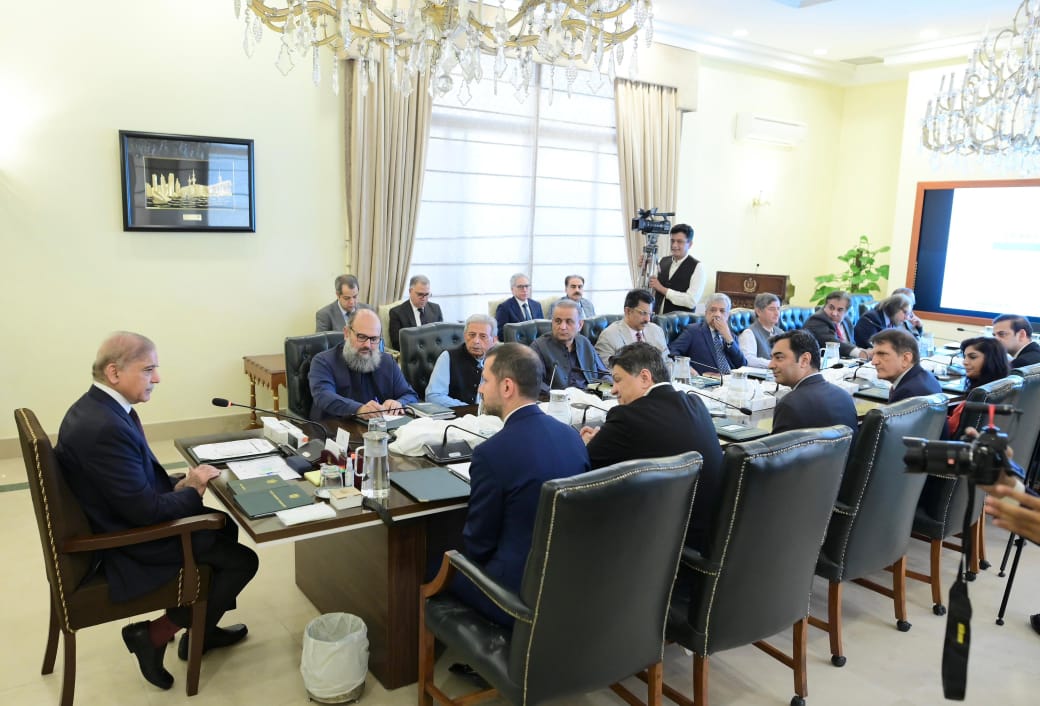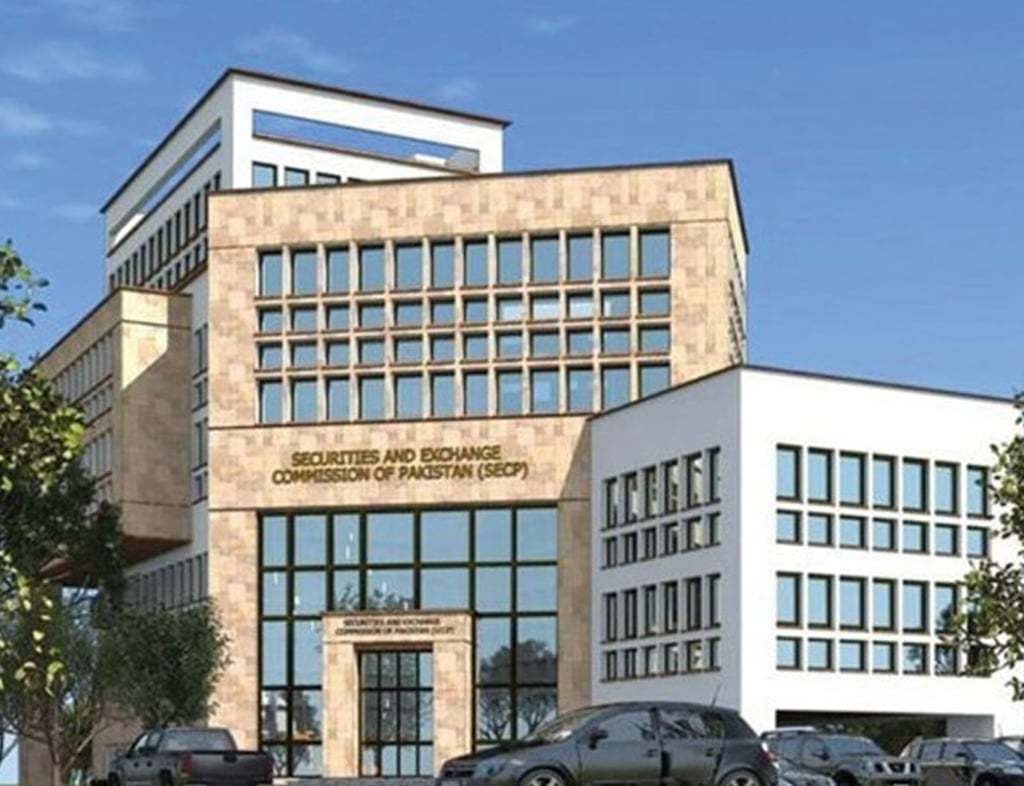PTBP Web Desk
Encountered significant connectivity issues with WhatsApp on Saturday night, aligning with a period when digital freedoms were under scrutiny. This incident followed closely after the Pakistan Software Houses Association (P@SHA) issued a warning to the government regarding the detrimental effects of internet shutdowns and potential VPN bans. The timing of these disruptions raised questions about whether they were coincidental or politically motivated, especially given the backdrop of upcoming significant political activities.
Data from the outage tracking service Downdetector indicated a surge in complaints, with a peak of 207 reports within one hour, notably around 10 PM local time. The primary issues included users reporting problems with sending messages, particularly media files like images and videos, and difficulties in receiving messages.
The disruption was not uniform across the country. Punjab, Pakistan’s most populous province, bore the brunt of the outage, while Khyber Pakhtunkhwa saw sporadic issues. In Sindh, the city of Karachi reportedly suffered the most, as indicated by Downdetector’s regional heat map.
The outage led to widespread frustration among users, particularly due to WhatsApp’s integral role in both personal communications and business transactions. Industry insiders confirmed the trouble with sharing media, although the root cause remained elusive.
Internet service providers faced a barrage of user complaints. The lack of clear communication from WhatsApp or local ISPs about the cause fueled speculation. Some netizens linked the downtime to the planned protest by the Pakistan Tehreek-e-Insaf (PTI) in Islamabad the following day, suggesting that such outages might be a tactic to curb political mobilization.
The recurring nature of these disruptions, particularly during politically sensitive times, has not gone unnoticed. Critics argue that these are not mere technical glitches but rather deliberate acts to control information flow during critical events. On platforms like X (formerly Twitter), PTI-associated accounts rallied for intervention, with some directly calling out to Elon Musk to introduce Starlink in Pakistan. Starlink, operated by SpaceX, promises high-speed internet via satellite, potentially offering a workaround to local internet blackouts.
The conversation around internet freedom in Pakistan has intensified, with P@SHA’s recent alert highlighting the economic and social costs of such disruptions. The association emphasized how these outages not only hinder personal communication but also affect business operations, potentially scaring off foreign investors and stifling digital growth. The threat of banning VPNs adds another layer of complexity, as VPNs are often used by citizens to bypass internet restrictions or secure communications.
This latest WhatsApp outage underscores a broader global issue of digital rights and internet governance. Regular internet disruptions can deter business confidence, reduce foreign investment, and hamper digital economy growth. They also raise questions about freedom of speech and the right to information, especially when they coincide with political events. The incident reflects on the global dependency on a handful of tech giants for communication, highlighting vulnerabilities in digital infrastructure.
While WhatsApp has not officially commented on the cause of this outage, the incident has reignited discussions on digital sovereignty, internet reliability, and the political use of technological control in Pakistan. As the nation grapples with these issues, the call for robust, transparent internet policies and infrastructure becomes ever more critical.




